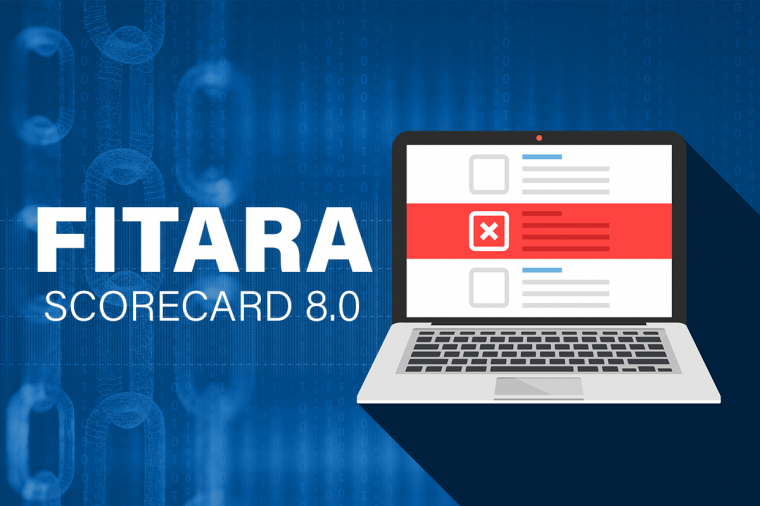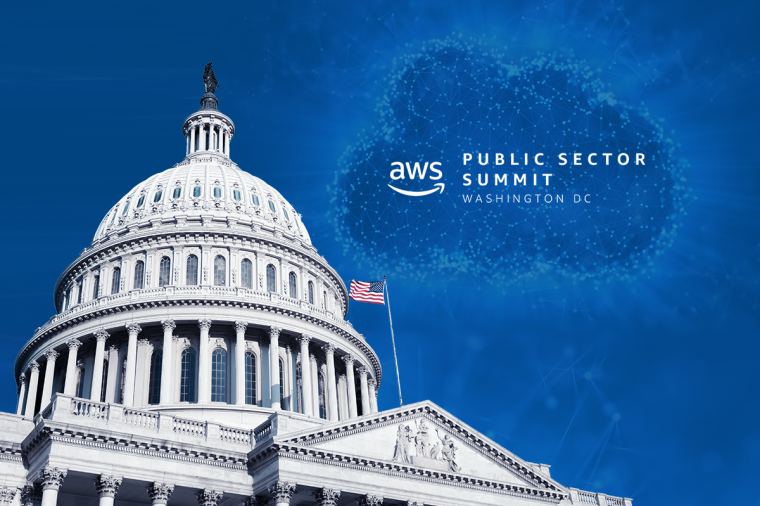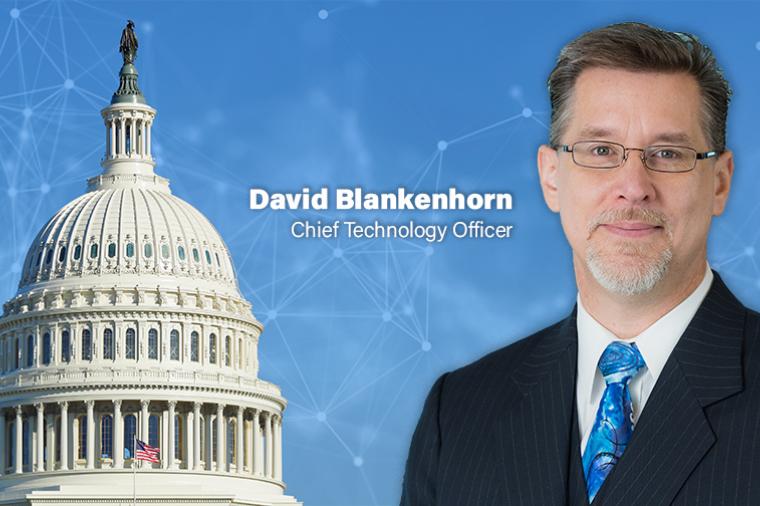Why Today’s Federal IT Managers May Need to Warm Up to New Career Paths
Fans of spy fiction (of which there are many in the government ranks) might be familiar with the term “come in from the cold.” It refers to someone who has been cast as an outsider and now wishes to abandon the past, be embraced, and become relevant again.
It’s a term that reflects the situation that many federal IT managers find themselves in as government agencies begin focusing on virtualization, automation and orchestration, cloud computing, and IT-as-a-Service. Those who were once comfortable in their position as jacks-of-all-IT-trades are being forced to come in from the cold by choosing new career paths to remain relevant.
Today, there’s very little room for “IT generalists.” A generalist is a manager who possesses limited knowledge across many domains. They may know how to tackle basic network and server issues, but may not understand how to design and deploy virtualization, cloud, or similar solutions that are becoming increasingly important for federal agencies.
And yet, there’s hope for IT generalists to grow their careers and become relevant again. That hope lies in choosing between two different career paths: that of the “IT versatilist” or “IT specialist.”
The IT Versatilist
An IT versatilist is someone who is fluent in multiple IT domains. Versatilists have broadened their knowledgebase to include a deep understanding of several of today’s most buzzed-about technologies. Versatilist can provide their agencies with the expertise needed to architect and deliver a virtualized network, cloud-based services, and more.
Versatilists also have the opportunity to have a larger voice in their organization’s overall strategic IT direction, simply by being able to map out a future course based on their familiarity surrounding the deployment of innovative and flexible solutions. As such, versatilists can help their agencies move forward and achieve objectives, thereby enhancing their value in the eyes of senior managers.
The IT Specialist
Like versatilists, IT specialists have become increasingly valuable to agencies looking for expertise in cutting edge technologies. However, specialists focus on a single IT discipline. This discipline is usually directly tied to a specific application. For example, a specialist might have a very deep grasp of security or storage, but not necessarily expertise in other adjacent areas.
Still, specialists have become highly sought-after in their own right. A person who’s fluent in an extremely important area, like network security, will find themselves in-demand by agencies starved for security experts. This type of focus can nicely complement the well-rounded aspect that versatilists bring to the table.
Where does that leave the IT generalist?
Put simply – on the endangered list.
Consider that the Department of Defense (DoD) is making a major push toward greater network automation. Yes, this helps takes some items off the plates of IT administrators – but it also minimizes the DoD’s reliance on human interference with its technologies. While the DoD is not necessarily actively trying to replace the people who manage their networks and IT infrastructure, it stands to reason that those who have traditionally been “keeping the lights on” might be considered replaceable commodities in this type of environment.
If you’re an IT generalist, you’ll want to expand your horizons to ensure that you have a deep knowledge and expertise of IT constructs in at least one relevant area. Relevant is defined as a discipline that is considered critically important today. Most likely, those disciplines will center on things like containers, virtualization, data analytics, OpenStack, and other new technologies.
Training on these solutions will become essential. While this training could be agency-sanctioned, depending upon the budgetary and expert resources available, it may also be incumbent upon individuals to train themselves. They must attend seminars or webinars, scour educational books and online resources, and lean on vendors to provide additional insight and background into particular products and services.
Whatever the means, generalists must become familiar with the technologies and methodologies that are driving federal IT forward. If they don’t, they risk getting stuck out in the cold – permanently.















































